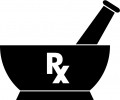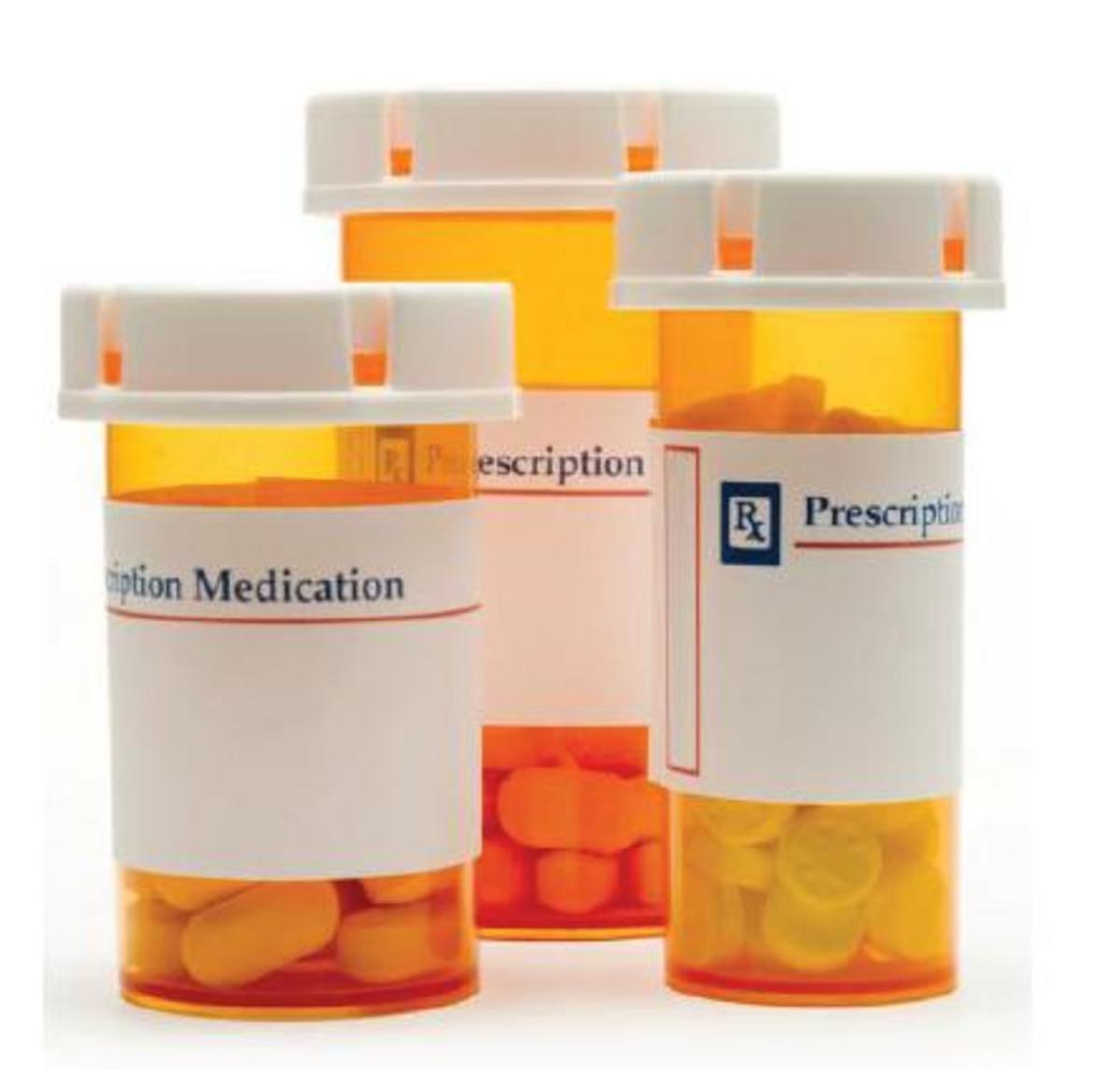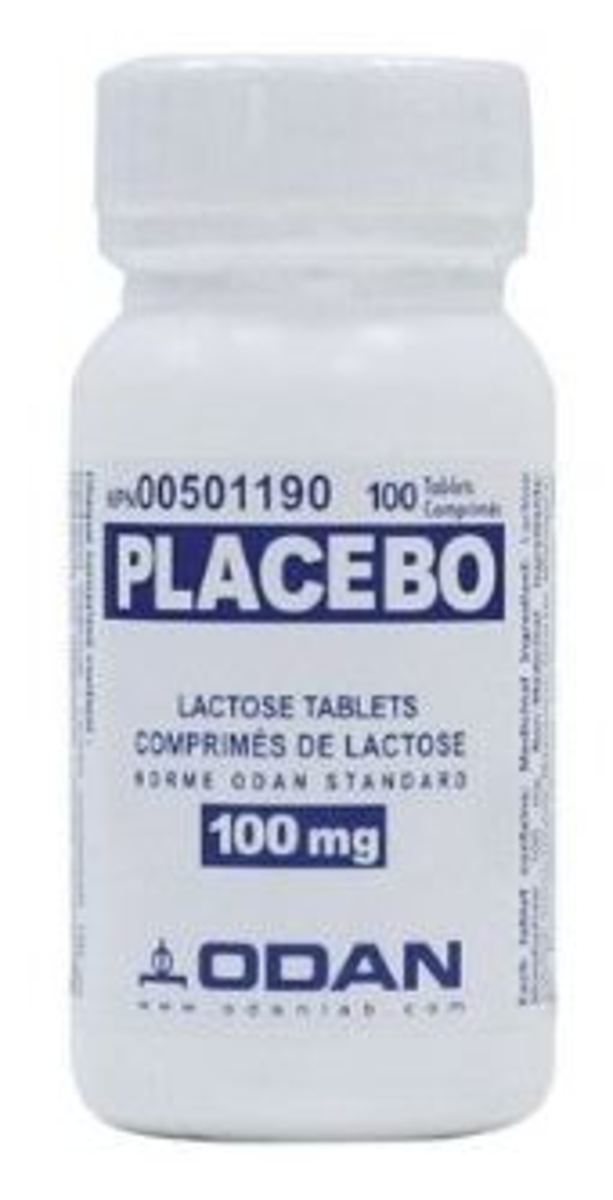A "Prior Authorization" won't let me get my medicine! What do I do?
This hub is part of the series "Practical advice for getting the most from your pharmacy." For more helpful tips about using your pharmacy, visit my central hub.


At times it can seem like insurance companies run the world. Not only do they charge really high premiums and copays, but now they think they can control what medicine I'm allowed to take? Who do they think they are?! Read on to learn all about "Prior Authorizations" and get answers to these questions:
- What exactly is a "Prior Authorization"?
- How do insurance companies use them?
- How can I avoid them?
- Can my pharmacist help me get through them?
As always, please comment or ask questions. The best information I can provide is that which is requested.
Thank for stopping by!
-Brandon Y, Pharm.D.


A "Prior Authorization" or PA is a tool insurance companies use to:
- Reduce cost
- Improve health
Improve health
Most of the time, there is a guideline or other high quality rules to follow when deciding which medicine to use to treat a problem. The insurance company knows these rules, and tries to make sure people follow them as often as they can.
You can think of it as the insurance company saying to the doctor, "Are you sure that's what you want to prescribe?"
Healthcare is a team effort. Your doctor may change his or her mind about which medicine to use when your pharmacist spends some time talking with after being prompted by a PA.
Reduce cost
Some medications are really expensive. The insurance company doesn't want to pay it any more than you do. They would rather you try a cheaper alternative that might just work the same.
Sometimes doctors prescribe medicine because they saw a presentation, talked to a drug representative, or received promotional materials in the mail. There is no reason to pay extra money for a medicine just because it's the one that was on your doctors mind.
An important point
Remember, a PA does not mean you can't get the medicine your doctor prescribed. Your insurance company has no right and not enough information about you to know what medicine is ultimately best for you. The only decision they can make is whether to pay for it or not.

When a medicine is really expensive, being used for something not usual, or poses a particularly high risk to the person taking it, a PA may be required. While the process is frustrating, there is usually a good reason behind it. PAs can be resolved more correctly and more quickly if you work with your pharmacist.
Lets take a few examples of PAs that people may come across.
Examples of PAs
Original presciprtion
| Prior Authorization
| What is the goal of the PA
| What can my pharmacist do?
|
|---|---|---|---|
Nexium 40 mg for heartburn
| Brand name medication not covered
| Reduce cost by encouraging use of cheaper generic alternatives
| Assess appropriateness of generics and make a recommendation to your doctor
|
Fluoxetine 80 mg for major depressive disorder
| Dose not covered
| Ensure recommended prescribing is being followed and only exceeded in specific cases
| Review your medication history, process the PA, contact your doctor to process PA
|
Celebrex 200 mg for arthritis of the knee
| Drug not formulary
| Reduce cost and improve effect by first using lower cost, safer alternatives
| Discuss and recommend alternatives, process PA, contact doctor to process PA
|
Advair 250/50 for a seasonal cold
| Drug has restricted use
| Avoid inappropriate use of medicine by only covering it if it's being used for recommended conditions
| Recommend alternatives to treat the condition, provide information about why it isn't a good use of the medicine
|

Most people don't choose an insurance plan by thinking about all the medications they may be on in that year and picking one that covers those medicines without a PA. In fact, doing so would be impossible.
That being said, PAs are often unavoidable. However, there are some things you can do to reduce the time it takes for a PA to be processed.
- Your pharmacist may know which medicines will need a PA. Pharmacists work with PAs every day, so they know which insurance companies require them, and which medications often require them. Have your doctor work with your pharmacist to choose medicines that don't require PAs. Remember, there are usually multiple medications that are appropriate for a particular condition.
- Ask your pharmacist to process a "dummy claim." As soon as you know you may need a medication, ask your pharmacist to bill it to your insurance to see if they require a PA. If they do, the process can get started right away.
- Provide as much information as you can. Everyone on your healthcare team will be better able to help you if they know more about you. Things tend to slow down when information isn't available.
- Don't insist on the latest and greatest medicine. The medicines you see commercials for are often the ones that require PAs. Newer does not mean better. There are many very old medicines that work very well, sometimes better than the new fancier ones.
- Stay calm. Your healthcare team wants to help you get the medicine that is best for you. Even your insurance company has a few good reasons for what they do. If you work with your pharmacist, they can help you avoid or resolve many PAs very quickly.

Getting around a PA does not always require a lot of paperwork or a lot of time. Your pharmacist has probably helped people resolved dozens of PAs, so they know the ropes pretty well. Here are some ways that your pharmacist can help you get through a PA.
- They can recommend a different medicine. With some information from you, your pharmacist can determine appropriate alternatives to the PA medicine, make these recommendations to your doctor, and get you a different medicine very quickly. It usually only takes one phone call and most of the time the new medicine works just as well.
- They can process the PA from the pharmacy. Sometimes a PA requires information that your pharmacist already has or can get from you right away.
- They can facilitate the doctor getting a PA. Since the pharmacist is the intermediary between you, your doctor, and your insurance company they are in a perfect position to make sure that everyone is doing what they need to do to get you your medicine.
Remember, your pharmacist wants to help you.
Your pharmacist is very interested in seeing you get the right medicine and get or stay healthy. People don't become pharmacists unless they care for the health and well-being of others. Even though a PA is frustrating, your pharmacist is fighting for you.
Since dispensing medicine is the primary way pharmacies make money, you can trust that your pharmacist wants you to get your medicine. A pharmacy gains nothing from turning people away. If the medicine is safe and appropriate for you, your pharmacist wants you to get it.
Healthcare is complicated. There are many people doing many things and, although they should all have your best interest in mind, sometimes there are bumps in the road. These bumps can be fixed. Work patiently with your pharmacist, doctor, and insurance company and you can be sure that your healthcare team will work together to find you the best medicine.

Brandon Y is a community pharmacist working in Minnesota with over 10 years of experience in pharmacy. He welcomes comments and questions. Find more great pharmacy tips here.
Brandon Y is a community pharmacist working in Minnesota with over 10 years of experience in pharmacy. He welcomes comments and questions.
Disclaimer
The information provided on this page is intended for general educational and informational use only. It is not specific, personalized healthcare advice for you. For healthcare advice regarding your particular situation, talk to members of your healthcare team.








